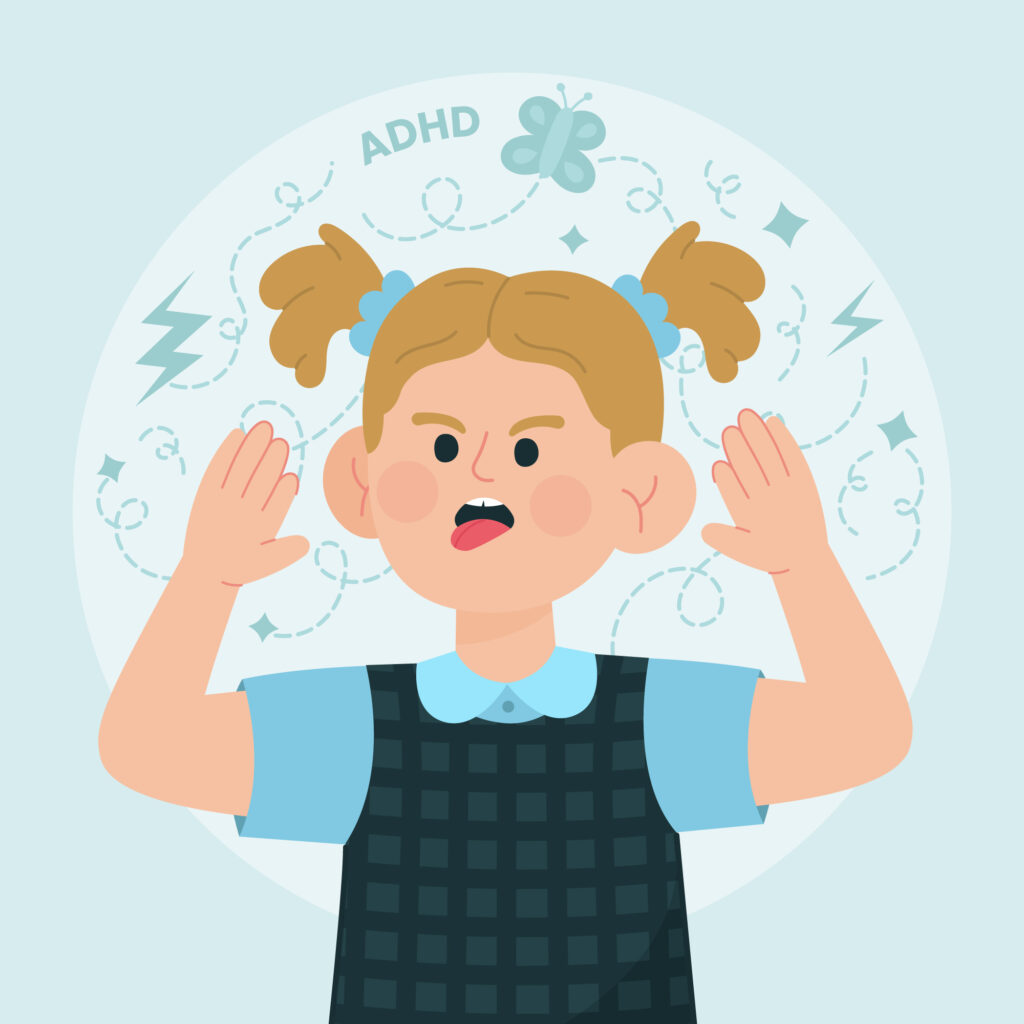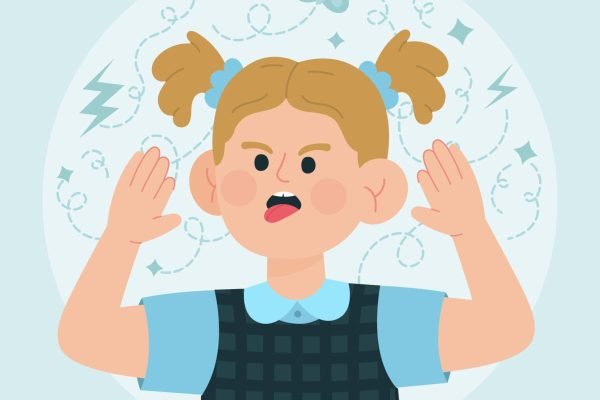Unlocking the Complexities of Learning Disabilities and Autism
Learning disability and autism are two different conditions with distinct characteristics. Despite sharing some common features, learning disabilities and autism are distinct conditions with unique characteristics. Learning disabilities affect cognitive abilities, while autism impacts social communication, behavior, and sensory processing. Both conditions impact information processing and interaction with the world, but they require different types of assistance. It’s important to understand that the best way to help someone with one of these conditions may not be the same as helping someone with the other. It’s essential to personalize the approach and tailor the support to the individual’s specific needs in each case.
A learning disability is a neurological condition that affects a person’s ability to process and retain information. Consequently, this can manifest in difficulties with reading, writing, math, and other cognitive tasks. Importantly, learning disabilities are not related to intelligence, as people with learning disabilities can have normal or even high IQs. Moreover, learning disabilities affect how the brain processes information and are not related to intelligence.
Autism is a condition that impacts how people communicate, interact with others, behave, and process sensory information. It is a developmental disorder that affects the brain. People with autism may have difficulty with nonverbal communication, making eye contact, and understanding social cues. On the other hand, the diagnosis of autism involves considering various factors, including social relationships, behavior patterns, communication skills, emotional regulation, sensory processing, and cognitive aspects.
Distinguishing Diagnosis: How Professionals Identify?

One key difference between learning disability and autism is in their diagnosis. Professionals typically diagnose learning disabilities through standardized tests that measure cognitive abilities and academic skills. In contrast, professionals diagnose autism by considering multiple factors such as social relationships, behavior patterns, communication skills, emotional, sensory, and cognitive aspects.
Interventions and Support for Individuals with Learning Differences and Autism
Additionally, there is a difference in the type of interventions and support that are most effective. Interventions for learning disabilities may include educational therapy, accommodations in the classroom, and specialized instruction or tutoring. On the other hand, interventions for autism depend on the severity of symptoms and may involve developing social communication skills and reducing sensory overload. Professionals may utilize behavioral therapy, occupational therapy, and sensory integration therapy to treat autism.
Breaking Down Barriers: Empowering Individuals with Unique Learning Needs
Both learning disabilities and autism impact how individuals process information and interact with the world, but they require different types of assistance. Professionals assess students with learning disabilities, make personalized plans, and employ teaching strategies and accommodations. These strategies may include providing extra time, using different teaching styles, or breaking down complex tasks into smaller steps. Additionally, they ensure that each student receives the support they need to succeed academically..
Professionals can provide behavioral therapies for autism that aim to improve communication, social skills, and behavior management.
These therapies may include Applied Behavior Analysis (ABA), social skills training, or cognitive behavioral therapy. Additionally, professionals can help families manage the challenges of autism by providing education, support, and connecting families with resources and networks.
Professionals aim to help individuals with learning disabilities and autism achieve their potential. To achieve this goal, they provide personalized interventions and support. Consequently, this enables them to lead fulfilling lives.
How LMonk can help ?
At LMonk, we provide comprehensive assessments and individualized treatment plans for children with autism and learning difficulties. Our team of professionals, including clinical psychologists, behavior therapists, educational therapists, and speech-language therapists, have diverse expertise. They collaborate to tailor evidence-based interventions to each child’s individual needs.
For children with autism, we offer a range of behavioral therapies, including ABA, social skills training, and parent training programs. Furthermore, we offer continuous support to families, providing education and resources to help manage their child’s behavior and development.
We evaluate kids with learning difficulties to determine what they’re good at and where they struggle. Next, we develop individualized education plans for each child. These plans include teaching methods and tailored support. We base our approach on research-proven methods. We provide ongoing monitoring and support to ensure children make progress and meet goals.

